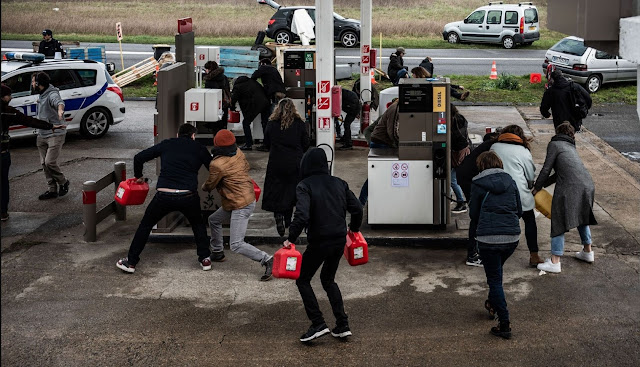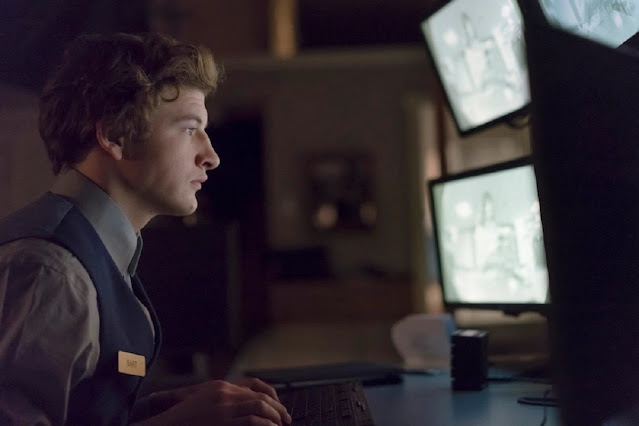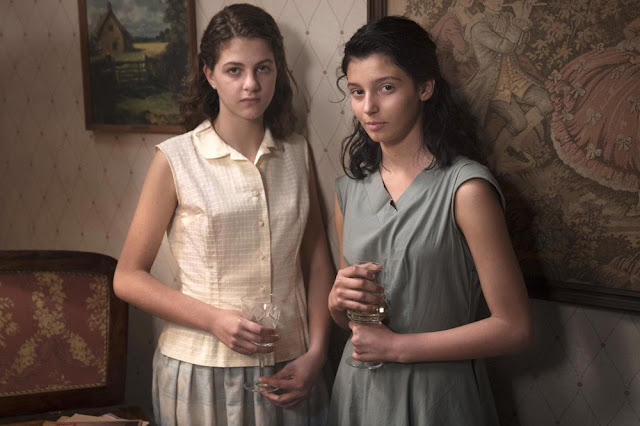El colapso / L'Effondrement / The Collapse
A partir del Día J, se produce súbitamente un colapso global por el cual se corta el suministro de alimentos, energía y otros insumos.
Esta miniserie francesa aborda en cada capítulo angustiantes situaciones que se suscitan a partir de ese evento cuya naturaleza ignoramos.
Pero no lo hace de cualquier manera: cada uno de sus nerviosos capítulos dura solamente alrededor de 20 minutos y están filmados en tiempo real con cámara en mano y en un único plano secuencia. Y no se trata de un capricho de estilo: el efecto dramático es prodigioso y la pericia técnica en la realización en algunos es asombrosa.
La serie no cae en el usual nihilismo maniqueo de las distopías apocalípticas porque si bien asoman en cada capítulo las miserias humanas fruto de la desesperación por la sobrevivencia, tampoco están ausentes los gestos de solidaridad y colaboración.
Las situaciones abordadas son individuales o colectivas, muchas veces dilemáticas, con locaciones bien distintas, personajes diferentes (salvo muy pocas excepciones y algunas escasas vinculaciones entre ellos) y con fuertes apuntes sociales y de clase, pero sin caer en el cliché. En general el ritmo es angustiante pero nunca histérico y los realizadores tienen la habilidad de lograr que los capítulos resulten bastante diferentes y con margen para la sorpresa.
Filmada en 2019, esta distopía dirigida por Jérémy Bernard, Guillaume Desjardins y Bastien Ughetto (quien protagoniza uno de los episodios más tremendos) resulta premonitoria en algunos aspectos de la crisis global del coronavirus y relacionada sin dudas con los modos de producción capitalista imperantes.
Conviene prestar atención a los
títulos finales de cada capítulo: verán que son reveladores.
Starting on J-Day, there is a sudden global collapse whereby the supply of food, energy and other inputs is cut off.
This French miniseries addresses
in each chapter distressing situations that arise from that event whose nature
we ignore.





Comentarios
Publicar un comentario
Mensajes sujetos a moderación